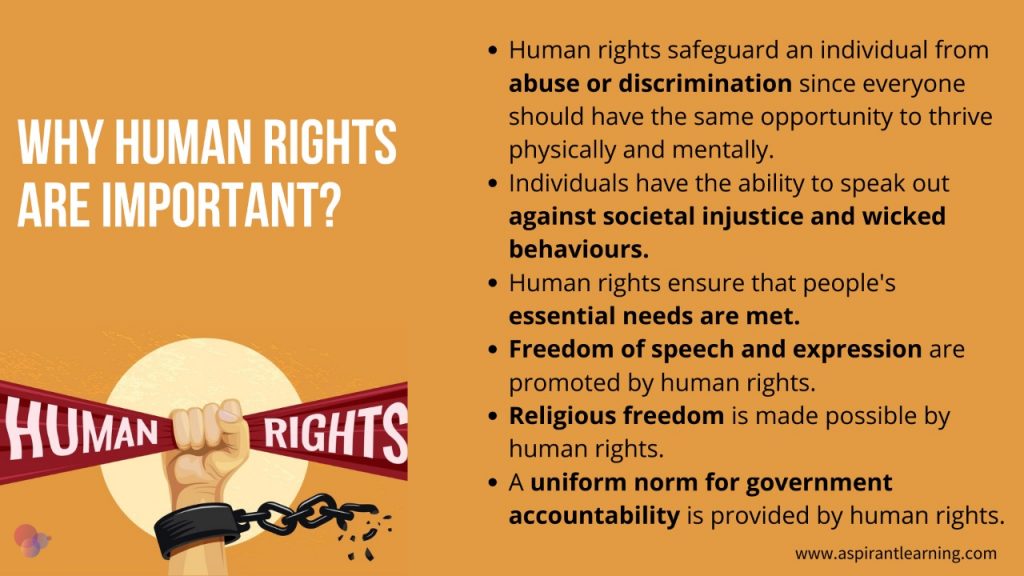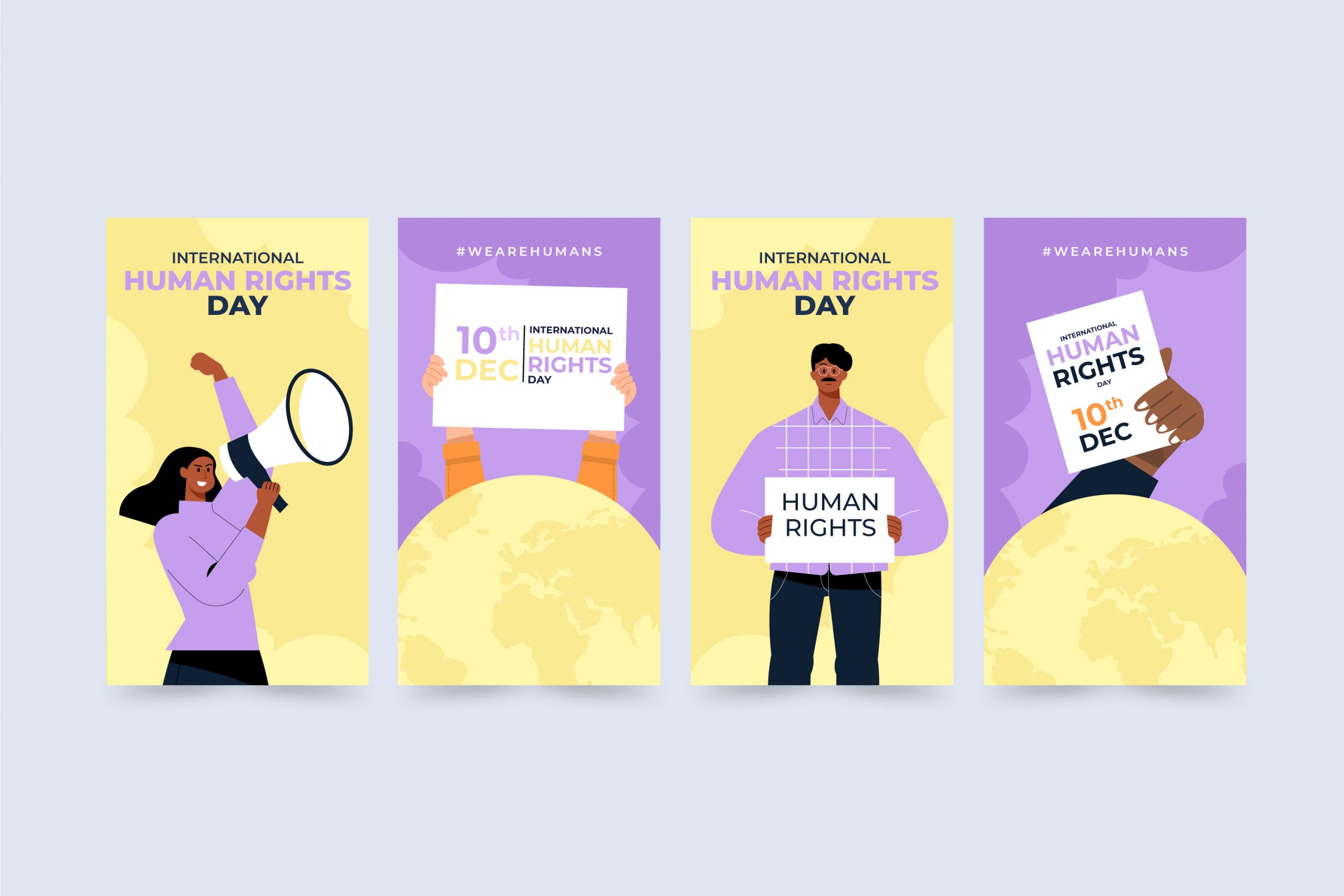News Highlight
India intensified crackdown on activists, media in 2022: Human Rights Watch report.
Key Takeaway
- In 2022, Indian authorities “intensified and broadened their crackdown on activist groups and the media”, Human Rights Watch said today in its World Report 2023, an annual review of human rights around the globe.
- To silence activists and independent journalists, authorities used “politically motivated criminal charges, including terrorism, to jail those exposing or criticising government abuses”.
Human Rights Watch
- About
- Human Rights Watch (HRW) is a non-governmental organisation based in New York City.
- The organisation is headquartered in New York City.
- Furthermore, it was established in 1978.
- It performs human rights research and advocacy.
- The organisation pressures governments, policymakers, corporations, and individual human rights violators to condemn abuse and protect human rights.
- In addition, it frequently works on behalf of refugees, children, migrants, and political prisoners.
- Human Rights Watch received the Nobel Peace Prize in 1997 as a founding member of the International Campaign to Ban Landmines.
- Furthermore, it was instrumental in the 2008 treaty prohibiting cluster bombs.
Human Rights
- About
- Human rights are rights we have simply because we exist as human beings.
- These are universal rights that all of us have, regardless of nationality, gender, national or ethnic origin, race, religion, language, or any other status.
- They vary from the most basic, the right to life, to the freedoms that make life worthwhile, such as the rights to food, education, labour, health, and liberty.
- Subsequently, every year on December 10th, the international community observes World Human Rights Day.
Provisions Related to Human Rights in India
- Definition
- The National Human Right Commission of India defines human rights as the freedoms related to a person’s life, liberty, equality, and dignity that are protected by the Indian Constitution or international treaties and are upheld by Indian courts.
- National Human Rights Commission
- India’s National Human Rights Commission (NHRC) was founded in 1993.
- It is formed under the Protection of Human Rights Act (PHRA) of 1993.
- Furthermore, the Act provides for the establishment of State Human Rights Commissions.
- Human Rights as Incorporated in Indian Laws
- Firstly, the Indian Constitution incorporated several provisions of human rights in Indian Constitution.
- Part III of Fundamental Rights from Article 14 to 32.
- Articles 14 to 18 of the Constitution guarantee the right to equality for every citizen of India.
- Article 19 deals with freedom of speech and expression, and Article 21 provides the Right to life and liberty.
- India has also ratified the following
- The international convention on the elimination of all forms of racial discrimination.
- The convention on the elimination of all forms of discrimination against women.
- In addition, the convention on the rights of the child.
- Convention on the Rights of Persons with Disabilities.
Emerging Challenges Regarding Human Rights
- Right to live with dignity
- Firstly, manual scavenging is a significant issue.
- The Indian government has implemented many measures to combat it, although incidences of manual scavenging continue to occur in a few regions.
- When tribals are moved from a long-term region for wildlife conservation, their human rights are jeopardised.
- Article 21 of the Indian Constitution includes the right to a clean environment as part of the right to life.
- Furthermore, the increase in pollution caused by urbanisation and industrialisation has violated this human right continuously.
- Human rights of women
- Women are viewed as weak in our society, and they are frequently denied fundamental human rights.
- Subsequently, they are victims of violence in society, whether within the four walls of their homes or at work.
- In Afghanistan, invasive vaginal tests are used on women to test their “virginity” whenever a female is detained on a mortality accusation.
- Corruption in Governance
- Corruption undermines good governance, fairness, and social justice, distorts competitiveness, impedes economic development, and jeopardises the stability of democratic institutions and the moral underpinnings of society.
- The possibility of misusing the anti-terror law’s provisions, mainly targeting minorities and deploying it against political opponents, has surfaced.

Way Forward
- Corruption in governance is a crucial source of human rights violations because it makes timely and effective implementation of government policies and programmes difficult.
- Appropriate administration and monitoring should ensure services are delivered on time and efficiently.
- In addition, most human rights violations occur in developing and impoverished countries.
- As a result, emerging and poor countries should be given adequate opportunities to expand and sustain measures linked with human rights violations.
Pic Courtesy: freepik
Content Source: The Hindu



